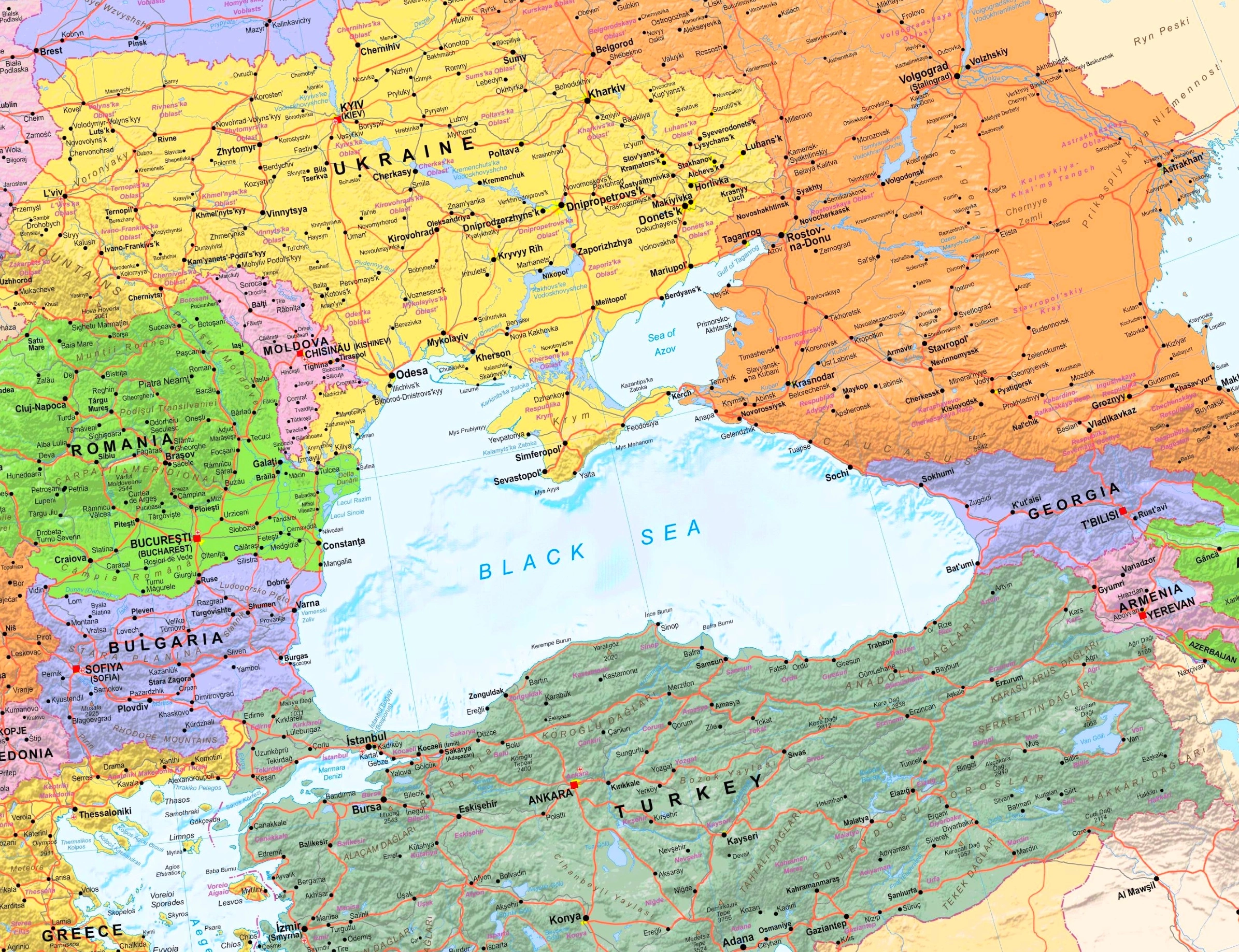By comparison to the Baltic Sea, the Black Sea states lacked strong multilateral structures for cooperation. The North and Baltic Sea got the Joint Expeditionary Force led by the UK, though now all 10 of its members are also NATO members, while Romania, Bulgaria and Turkey failed at creating a NATO flotilla in the Black Sea after Russia’s 2014 invasion of Ukraine.
The military dialogue formats within ASEAN, including cyber military valences as well, are also interesting for observers from the wider Black Sea region. In fact, the more we study the region, the more potential we find in regionally developed models on everything from industrial cooperation to common space asset utilisation for disaster management.
Too many speak of balancing between US and Chinese economic interests, and not enough speak about economic partnerships without geopolitical baggage. This is something that the Black Sea region and the Indo-Pacific can offer to each other, in addition to the obvious advantages such as market access.
There are commercial and investment niches where cross-border exchanges by national actors can have a significant economic and secondary impact. One of these is cybersecurity and digitalisation, both regions featuring strong start-up scenes with important midsized companies that could, with appropriate encouragement, expand into the other region. Yet, one visits growing regional events in South-East Asia such as CyberDSA in Kuala Lumpur and no Eastern Europeans are present (and very few Europeans for that matter, unlike Americans or Chinese).


